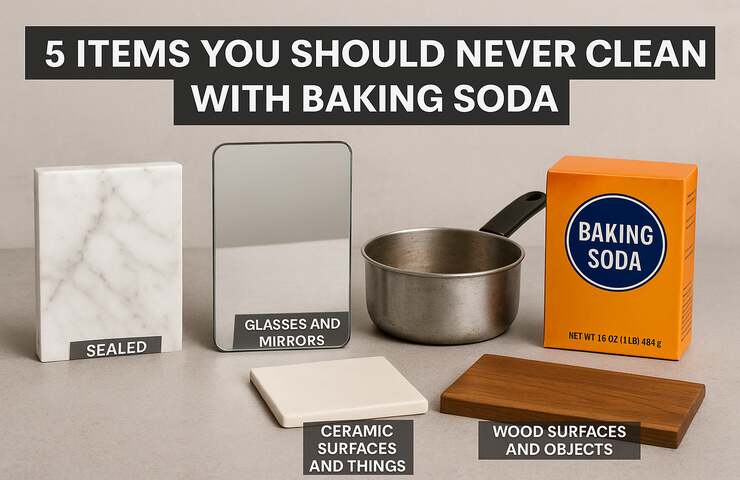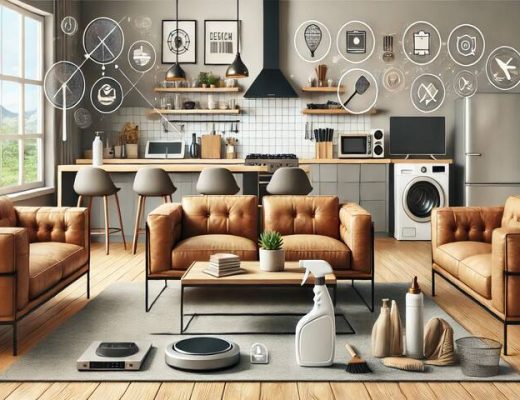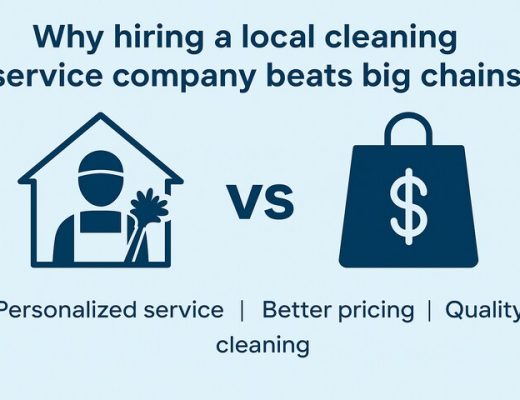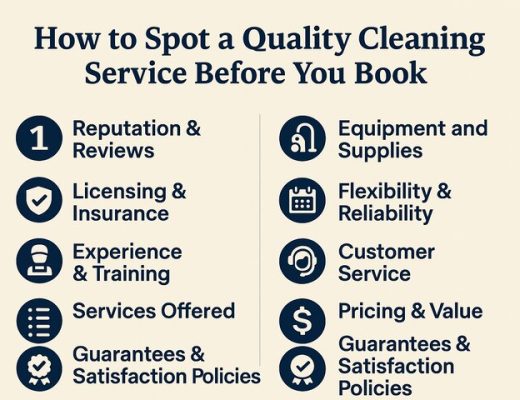Baking Soda: 5 Things You Should Never Clean With It
Believe baking soda is the all-time multi-functional cleaner? There are others like you! However, have you ever wondered whether it is possible that baking soda can harm any surface? Or no, better yet, “Could it be that my favourite go-to, natural cleaner is causing more damage than good in some areas?” Time to stop sprinkling around the fairy dust if you have been doing it.
Though soda is a real cleaning hero in most aspects, it is not always the superhero that your house is looking for. Some products must never touch it unless you would like it to have scratches, stains or you may just have an unexpected reaction. Wondering when this kitchen staple becomes a bad thing rather than a good one? Well, we will delve into the five shocking taboos in soda scour.
Why do we not use Baking Soda?
Baking Soda is another multitasking compound that can be used not only in the kitchen but also to clean a variety of surfaces. It is a very cost-effective, powerful, and environmentally friendly product that home cleaners use, and professionals use. Since its invention, the powder has transformed home cleaning as it is non-hazardous and works excellently in getting rid of dust, dirt, grime, and other germs on practically any surface or on any object. Nevertheless, it should be known that no cleaning product can be used without some sort of limitation, and baking soda is not an exception to this rule. Bond Cleaning Sunshine Coast professionals providing green end of cleaning services think that some things and surfaces should not be soaked with baking soda; these are either identified or listed below.
Sealed surfaces
Baking soda works well as a cleaner a primary surfaces because it is both versatile and a mild abrasive. However, it is not recommended for surfaces with a sealant because it can wear away with repeated usage. Once the sealant wears off, the surface becomes vulnerable to damage and scratches, swirls, lines, discolouration, and moisture penetration. Surfaces and items made of marble, granite and other natural stones with sealants should not be cleaned with baking soda repeatedly. These stones, if not sealed, are not damaged by natural ingredients. Other surfaces that are safe to not sealed beside grouts and caulks can be cleaned with baking soda without worrying about damage.
Glasses and Mirrors
Glasses and mirrors are examples of delicate surfaces which get scratches and swirls if the wrong products are used during cleaning. That is why it is not advisable to apply baking soda in its solid form or as a paste to eliminate spots, stains, and grime on these surfaces. In as much as baking soda can be exploited in the production of glass countertops, glass tabletops and even glass doors and windows, the baking soda will not polish and brighten the glass anyway, but over time, leave a white film on it and affect its appearance.
To clean glasses and mirrors in your home, a better approach would be to use white vinegar mixed equally with water. According to professionals who provide end-of-lease cleaning, that mixture will remove all the grime and shine them, which is better than doing nothing. White vinegar is one of the best cleaning agents that can remove tough stains from glass, metal, and even ceramics without difficulty. So, make the mixture, spray it on the surfaces and watch the magic.
Aluminium Objects
Aluminium objects enduring soiling like blackness, burnt food, and baking soda residue are not cleaned by simply leaving baking soda paste or powder on them. The oxidation process that baking soda initiates can cause the aluminium to turn brown. Aluminium is a rather soft metal, which is prone to scratches and discolouration. As such, the stains on pots and pans can be removed by salt and store-bought degreasers. Salt and conventional degreasers tackle stains on pots, pans, and aluminium objects effectively and without causing damage. Removing salt so easily is rewarding.
Ceramic Surfaces And Things
Most homes have ceramic sinks, surfaces, fixtures, and other things which you may want to clean with soda. Since baking soda does work to clean, it does not work best with things that are ceramic. Over time, extensive baking soda cleaning will result in duller finishes, and ceramic things will develop discolouration as well as lines and swirls. Together with that, mud and soap scum will go straight to the deep scratches and will spoil the thing later and will make it even dirtier over time. Thus, baking soda should not be used to clean ceramic surfaces and other products.
Wood Surfaces and Objects
Wooden surfaces and objects are usually difficult to clean as they get marred easily. This is why neither professional cleaners nor people doing yard sales ever think of using soda to scrub them. Furniture, doors, and other wooden items have their varnish and glossy coatings destroyed by baking soda on too many occasions. That is why these items are better wiped by the cleaning guidelines provided by their manufacturers. Grains of wooden surfaces and objects are often damaged by the extremely fine particles of baking soda. Cleaning wood surfaces with a microfiber cloth is easier than using special wood cleaners designed to protect the item’s finish and surface.
Wrapping Up
It seems that baking soda is one of the most favoured cleaners for getting rid of stubborn grease, unsightly dirt, stains, and other harmful pollutants on different surfaces. However, this guide provided by the end-of-lease cleaners on things not to clean with soda adds to the reasons why its versatile nature is not worth the risk of foregoing the instructions. Moreover, the damages that will be inflicted on various surfaces and items will make one wish they had spent less money in the long run because so much cash will be saved on not having to repair and replace items that would have been damaged without the reckless use of soda cleaning.



